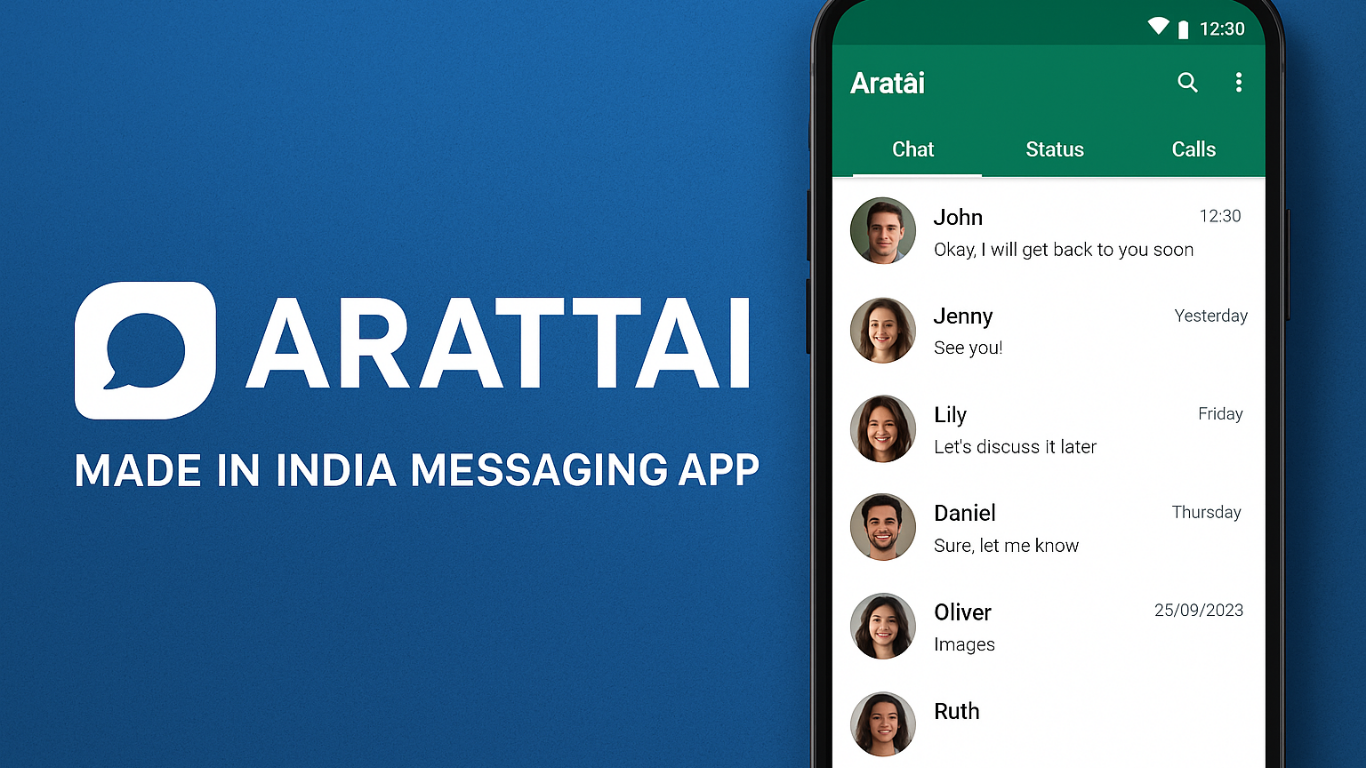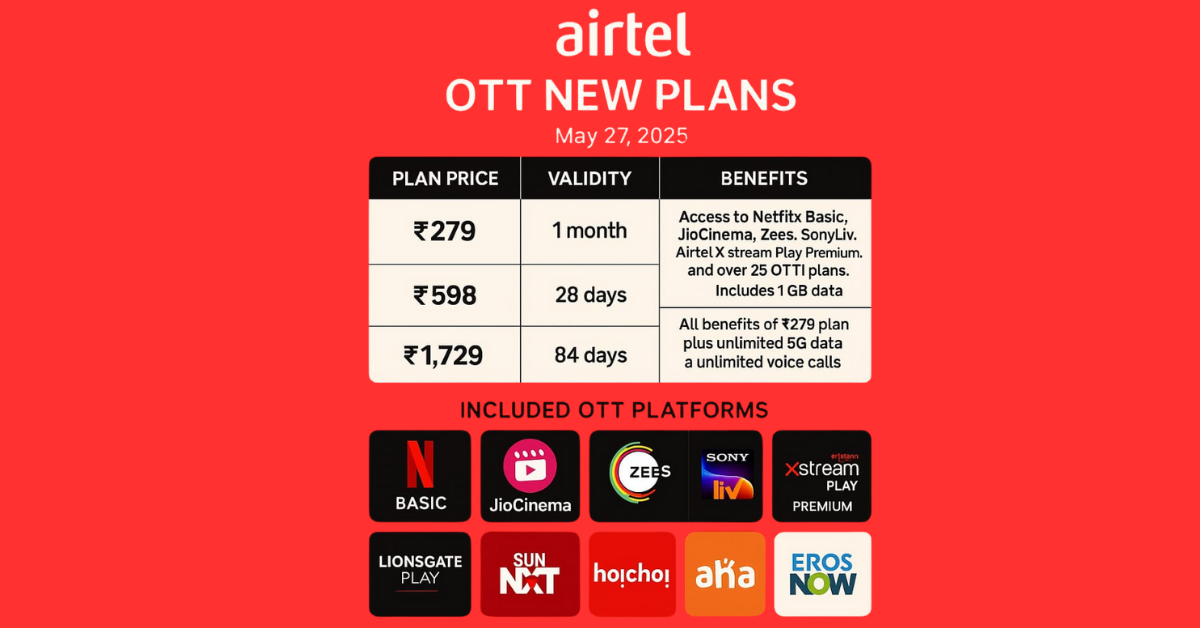Best AI Tools for Students| Study, Research & Productivity
Technology has transformed the way students study, research, and manage their academic life. From note-taking to essay writing, AI tools are becoming trusted companions for learners worldwide. If used smartly, these tools can save hours of effort, improve productivity, and even boost grades.
But here’s the catch: not every tool is useful, and some can even hurt your learning if you rely on them blindly. That’s why in this guide, I’ll share the best AI tools for students in 2025, explain how to use them effectively, and highlight their strengths and limitations.
Whether you are a school student, a college learner, or even preparing for competitive exams, these tools can make your academic journey smoother.
Table of Contents
ToggleWhy Do Students Need AI Tools?
Before diving into the list, let’s understand the why. Students are constantly juggling multiple tasks—assignments, projects, group discussions, exams, internships, and sometimes part-time jobs. Managing everything can feel overwhelming.
AI tools come in handy because they:
- Save time by automating research, note-making, or summarizing.
- Enhance creativity with brainstorming and idea generation.
- Improve productivity by organizing schedules and tasks.
- Support learning by simplifying complex topics.
- Assist communication with writing, presentations, and language translation.
Now let’s jump into the list of the best AI tools that can truly help students.
1. ChatGPT – Your AI Study Partner
When it comes to AI tools, ChatGPT by OpenAI tops the list. It can act like a personal tutor, research assistant, or writing buddy depending on how you use it.
Best Uses for Students:
- Explaining difficult concepts in simple terms
- Generating essay outlines or topic ideas
- Practicing language learning
- Solving math or science queries (step-by-step guidance)
- Preparing summaries from long articles
Pros:
✅ Available 24/7 like a virtual tutor
✅ Can adapt answers to your learning level
✅ Free and premium versions available
Cons:
❌ May sometimes provide inaccurate information
❌ Not a substitute for deep study
Tip: Always double-check important facts. Think of ChatGPT as a guide, not a replacement for textbooks.
2. Grammarly – Perfect Your Writing
If assignments, essays, and reports are part of your daily life, Grammarly is a lifesaver. It’s not just a spell checker; it improves your tone, style, and clarity.
Best Uses:
- Checking grammar and spelling in essays
- Improving the flow of research papers
- Avoiding plagiarism with citations (premium feature)
- Writing professional emails to professors or employers
Pros:
✅ Real-time corrections
✅ Works on Word, Google Docs, email, and browsers
✅ Suggests tone improvements
Cons:
❌ Premium features can be expensive
❌ Sometimes over-corrects casual writing
3. Notion AI – The All-in-One Study Organizer
Notion is already a favorite among students for note-taking, but with Notion AI, it’s even more powerful.
Best Uses:
- Taking smart class notes
- Organizing study schedules and deadlines
- Summarizing lecture transcripts
- Brainstorming ideas for projects
- Collaborating on group projects
Pros:
✅ Combines notes, tasks, and planning in one place
✅ AI helps summarize long notes quickly
✅ Great for teamwork
Cons:
❌ Can feel overwhelming at first
❌ Free plan has limited storage
4. QuillBot – Paraphrasing and Summarizing Tool
Sometimes you understand a concept but struggle to put it in your own words. That’s where QuillBot shines.
Best Uses:
- Paraphrasing content for essays
- Summarizing research papers
- Avoiding plagiarism
- Enhancing sentence variety
Pros:
✅ Free version available
✅ Easy-to-use interface
✅ Includes grammar check and citation generator
Cons:
❌ Free version has word limits
❌ Sometimes changes meaning if not reviewed carefully
5. Perplexity AI – Research Made Simple
For students who spend hours searching Google, Perplexity AI is a game-changer. It combines AI answers with reliable citations.
Best Uses:
- Quick research for assignments
- Finding credible sources with citations
- Getting concise answers instead of browsing 10 websites
Pros:
✅ Provides source links for trust
✅ Great for research-heavy fields
✅ Free and easy to use
Cons:
❌ Sometimes limited in niche topics
❌ Still evolving compared to traditional research databases
6. Otter.ai – Transcribe Lectures Instantly
If you often miss out on details while taking notes in class, Otter.ai will be your best friend.
Best Uses:
- Recording and transcribing lectures
- Making searchable lecture notes
- Sharing notes with classmates
- Reviewing important discussions
Pros:
✅ Saves hours of manual note-taking
✅ Searchable transcripts
✅ Integrates with Zoom/Google Meet
Cons:
❌ Accuracy may drop with unclear audio
❌ Free plan has limited recording hours
7. Canva AI – Design Made Easy
Assignments, presentations, and projects often require visuals. Canva AI tools like Magic Write and Text-to-Image make design effortless.
Best Uses:
- Creating presentations
- Designing infographics for projects
- Making posters for school/college events
- Generating creative images with AI
Pros:
✅ Extremely user-friendly
✅ Free templates and AI features
✅ Perfect for non-designers
Cons:
❌ Some advanced templates are paid
❌ Not ideal for very technical designs
8. Wolfram Alpha – Math and Science Helper
If math and science give you headaches, Wolfram Alpha is like a cheat code for learning. Unlike Google, it gives step-by-step solutions.
Best Uses:
- Solving math problems
- Understanding physics and chemistry equations
- Getting graphs and visual explanations
- Checking homework
Pros:
✅ Detailed step-by-step solutions
✅ Covers multiple STEM subjects
✅ Reliable and accurate
Cons:
❌ Free version is limited
❌ Requires understanding to use effectively
9. Duolingo + AI Features – Learn Languages Smarter
If you’re learning a new language, Duolingo with AI-based lessons keeps things fun and interactive.
Best Uses:
- Daily language practice
- Improving vocabulary with gamified lessons
- Speaking practice with AI chatbots
Pros:
✅ Free and engaging
✅ Bite-sized lessons fit student schedules
✅ Builds consistency
Cons:
❌ Not enough for advanced learners
❌ Focused on casual learning, not deep fluency
10. Mendeley / Zotero – AI-Powered Research Management
Research papers can be messy. Mendeley and Zotero help organize references and citations with AI assistance.
Best Uses:
- Collecting research papers
- Auto-generating citations in APA/MLA formats
- Organizing literature reviews
Pros:
✅ Saves tons of time in research writing
✅ Free and reliable
✅ Works with Word/Google Docs
Cons:
❌ Learning curve for beginners
❌ Requires manual cleanup sometimes
How to Use AI Tools Wisely
While these tools are powerful, students must use them responsibly. Here are some golden rules:
- Don’t blindly copy-paste. Always understand the content first.
- Double-check facts. AI can make mistakes.
- Balance learning with productivity. AI should support your growth, not replace effort.
- Use plagiarism checkers. Ensure originality in assignments.
Final Thoughts
AI tools are no longer just “cool tech.” They are becoming essential academic companions for students worldwide. From writing assistants like Grammarly and QuillBot to study partners like ChatGPT and Wolfram Alpha, these tools can save time, boost creativity, and enhance learning.
But remember: AI should be your assistant, not your substitute. The real magic happens when you combine AI tools with your curiosity, critical thinking, and hard work.
So, pick a few tools from this list, try them out, and see which ones fit your study style best. In 2025 and beyond, students who learn how to use AI wisely will have a clear edge in academics and beyond.
Related Post

Oppo A5 Pro 5G – Know the price, features, specifications and launch date of this powerful 5G phone (2025)
The demand for budget smartphones is constantly increasing in India, especially phones with 5G support. [...]
Nothing Phone 3 and Nothing Phone 2 Comparison: Which One Should You Buy in 2025?
Nothing Phone 3 and Nothing Phone 2 Comparison: Feature Nothing Phone 3 (Expected) Nothing Phone [...]
Arattai App: India’s Own Made in India Messaging App
In today’s digital era, almost everyone uses a messaging app. The most common names that [...]
Airtel OTT – Plans, Benefits, OTT Apps & Activation Guide (2025)
With the rapid growth of digital streaming, Airtel OTT offers a powerful solution for users [...]
